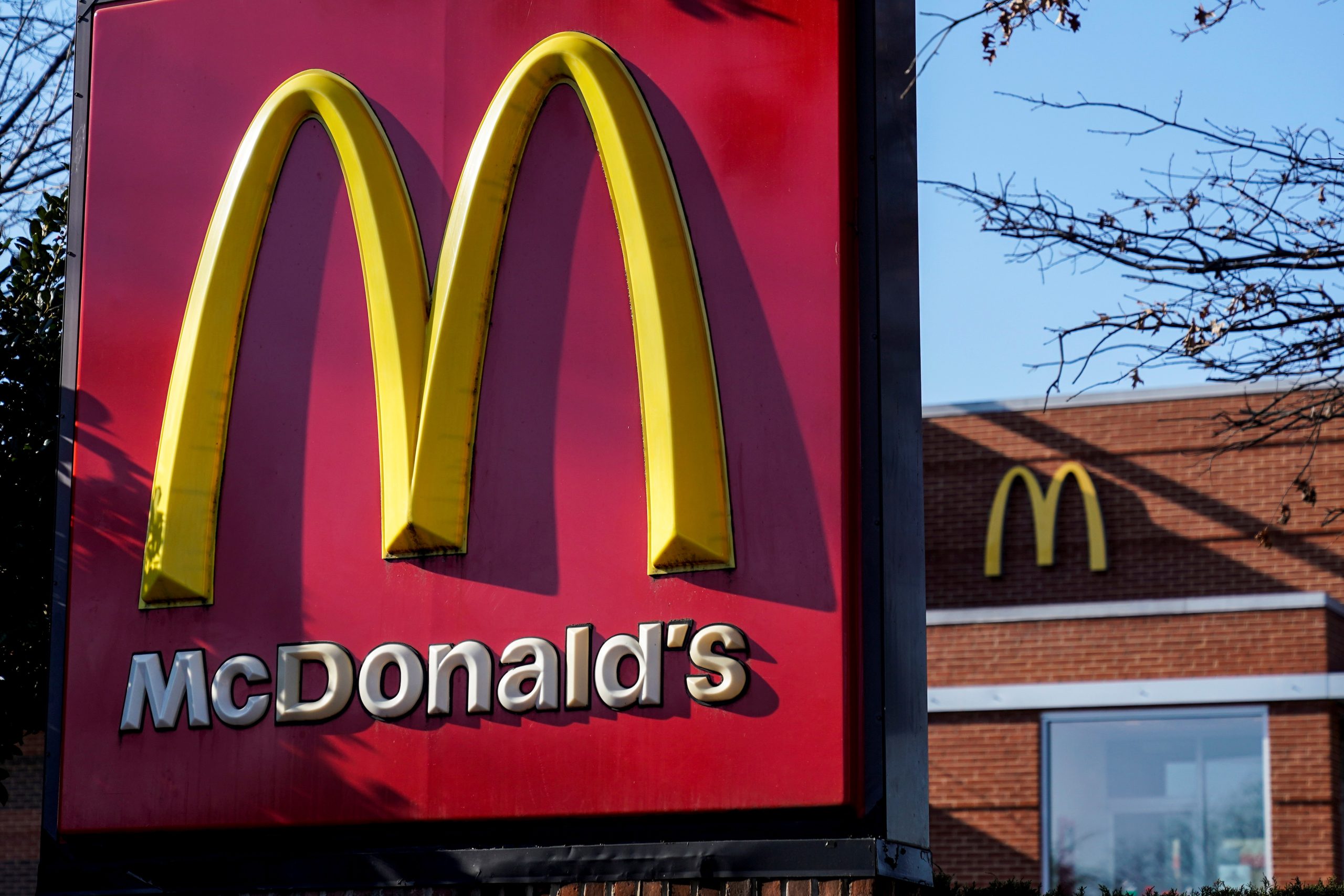
Vicky Arias, FISM News
[elfsight_social_share_buttons id=”1″]
Major corporations like McDonald’s, PepsiCo, and others, saw their profits increase last quarter despite inflation-fueled price hikes.
McDonald’s same-store sales earnings rose by 12.6% compared to last year, and PepsiCo reported a 10% increase in revenue in spite of a 13% price increase for their products. Kleenex and Huggies diapers manufacturer, Kimberly-Clark Corporation, also saw revenue increases even as the company raised its prices by 10%.
PepsiCo reported $17.85 billion in revenue and McDonald’s placed their earnings at $5.9 billion in sales for the quarter ending on March 25 and March 31, respectively.
HIGHER PRICES DRAW CONSUMERS TO CHEAPER OPTIONS
The increases in these companies’ profits are due to their price increases, even as some consumers are beginning to look for other options.
Experts say that due to ongoing inflation, demand for lower-priced items may be pulling consumers away from higher-end products and chains to more affordable options.
According to the Daily Wire, Walmart CEO Doug McMillon explained that families are taking their business to less expensive stores.
McMillon in February said that inflation on dry groceries will “be with us for a while,” saying that consumers continue to bear the burden of inflation.
“And it’ll get a little confusing because you’ll hear inflation numbers that start to sound lower, but you’ll have to remember, that’s on a two-year stack,” McMillon stated, according to Fox Business. “So if inflation in dry grocery and consumables is only three or five, that’s on top of 15. And that’s still a problem for the customer and a pressure in their wallet.”
Similarly, McDonald’s CFO, Ian Borden, asserted that the chain is gaining shares among all income groups, likely due to the comparatively lower prices of their menu items, but noted that business from low-income patrons is on the rise.
“We can actually look at what is our share amongst low-income consumers; we’re gaining share right now among low-income consumers,” Borden said. “And that goes back to the fact that we are positioned as the leading brand in terms of value for money and affordability.”
Although Americans continue to fork over more money for burgers and diapers, a Wall Street Journal report cited that consumers are holding back when it comes to retail spending and big-ticket items like furniture and vehicle purchases.
Since President Joe Biden took office in 2021, the nation last year experienced a 40-year high in inflation, and, despite some decreases, inflation remains four times higher than when Biden began his term.
Ongoing inflation has been compounded by a decline in wages, putting increased pressure on Americans’ bank accounts.
According to a press release from the Budget Committee in March, inflation-related price increases sit at more than 14%, but wages have only increased by 10%, creating a real-wage loss of 4%.
The committee asserts that inflation “without a reversal in policy that would lead to a slowdown in inflation and an increase in wage growth, recovery to a pre-pandemic standard of living will be nearly impossible, leaving countless Americans behind.”
